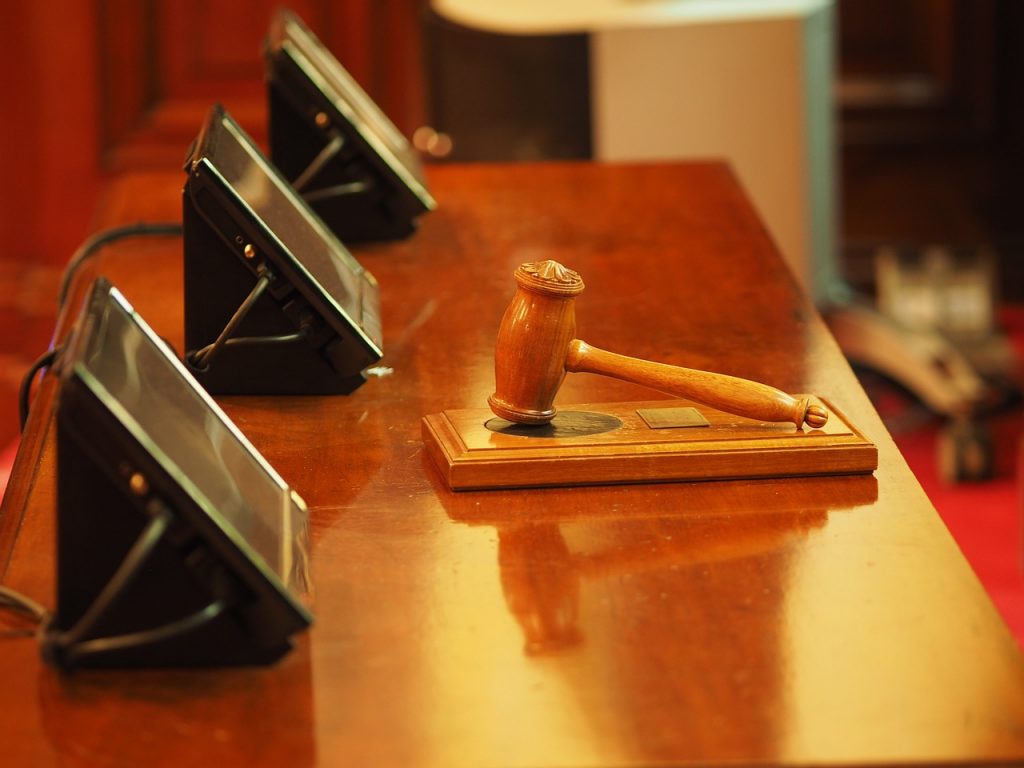Harassment and stalking are serious crimes that can have devastating effects on victims’ lives. While it’s important to seek help from a lawyer, such as Paul Biagini, if you’re a victim of these crimes, law enforcement also plays a critical role in investigating and prosecuting these cases.
In this blog post, we’ll explore the role of law enforcement in harassment and stalking cases.
- First and foremost, law enforcement officers are responsible for responding to reports of harassment and stalking. Victims who feel they are in immediate danger should always call 911 to report the situation. Once law enforcement arrives, they will assess the situation and take appropriate action to ensure the victim’s safety.
- If the victim has evidence of harassment or stalking, such as threatening messages or other communication, law enforcement officers will collect that evidence and use it to build a case against the perpetrator. They may also interview witnesses and gather additional evidence, such as video footage or other physical evidence.
- Once law enforcement officers have collected enough evidence, they will typically present it to the prosecutor’s office for review. The prosecutor will determine whether there is enough evidence to pursue charges against the perpetrator.
- If the prosecutor decides to pursue charges, law enforcement officers will then arrest the perpetrator and bring them into custody. The perpetrator will be arraigned in court and given an opportunity to plead guilty or not guilty to the charges against them. If they plead guilty, they may be sentenced immediately, or the court may schedule a sentencing hearing at a later date. If they plead not guilty, the case will proceed to trial.
- Throughout the trial process, law enforcement officers may be called to testify as witnesses to provide evidence against the perpetrator. They may also work with the prosecutor to negotiate plea deals or other agreements with the defense.
- It’s worth noting that victims of harassment and stalking can also obtain restraining orders against their perpetrators. These orders are court-issued documents that require the perpetrator to stay away from the victim and may include other provisions, such as prohibiting the perpetrator from contacting the victim or coming within a certain distance of them.
- If a perpetrator violates a restraining order, law enforcement officers can and will take action to enforce the order. Violating a restraining order is a serious offense and can result in additional charges and penalties.
In conclusion, law enforcement plays a critical role in investigating and prosecuting harassment and stalking cases. Victims should always report these crimes to the police and work closely with law enforcement officers and prosecutors to ensure that perpetrators are held accountable for their actions. If you’re a victim of harassment or stalking, don’t hesitate to reach out to an experienced attorney like Paul Biagini for help navigating the legal system and protecting your rights.
